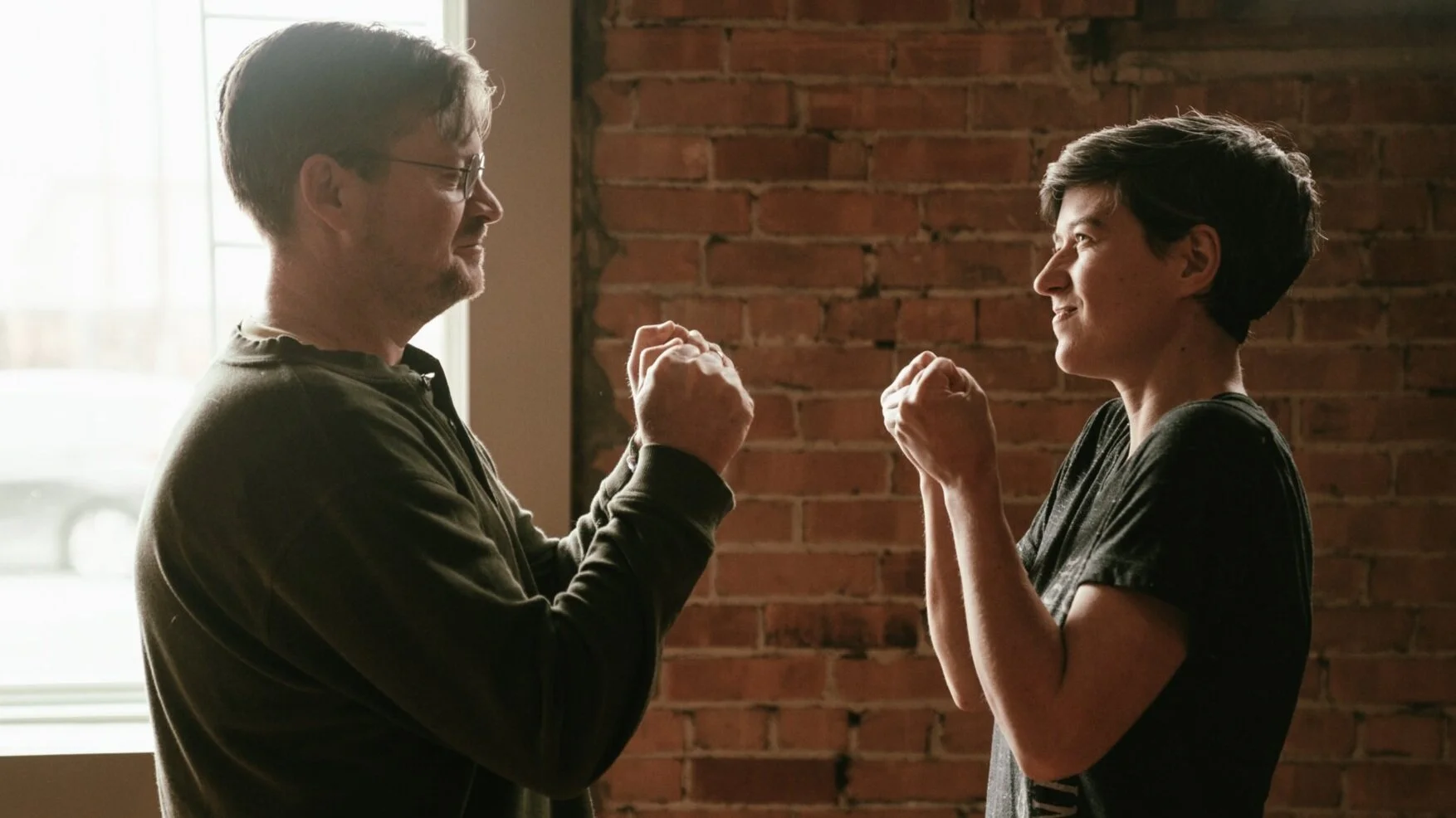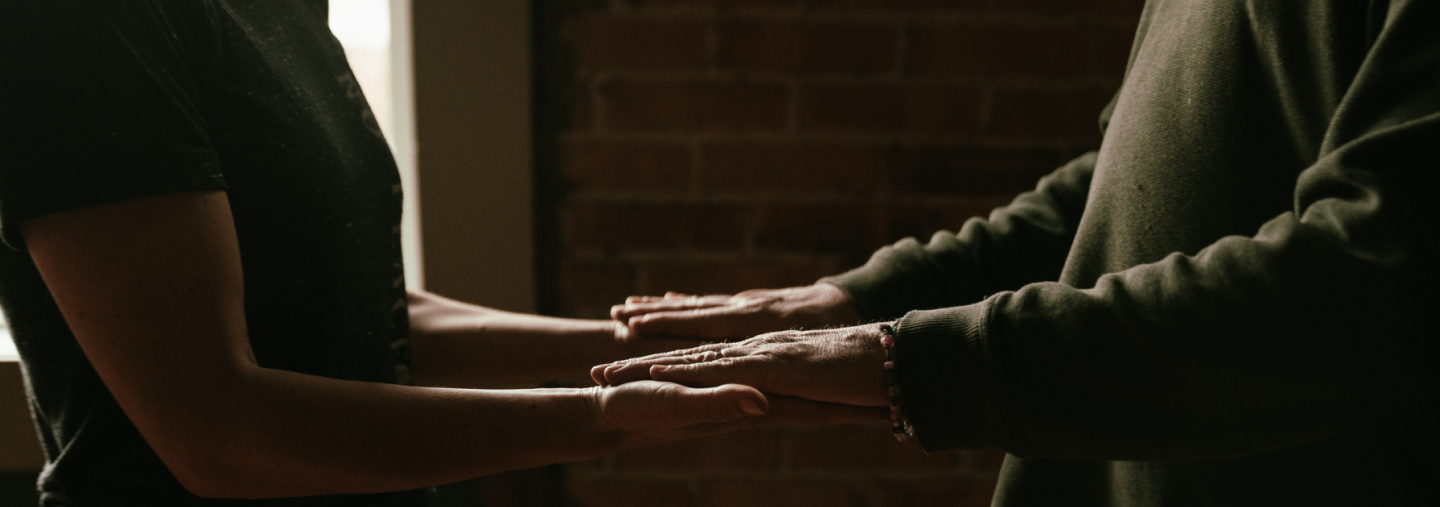Do you want to hold space more skillfully for people with chronic stress and/or unresolved trauma?
Maybe you’ve heard about or even studied Polyvagal Theory and yet it hasn’t really clicked in a useful way.
I got you.
I studied Polyvagal Theory for 10 years.
The deeper I went, the more confused I got.
Then, I learned it in a more visual and experiential way.
I learned the power of safe upregulation.
Now, it strengthens and supports my daily life and all of my work.
This is what I want to give you.
With so much of wellness culture focusing on downregulating, we often miss a crucial path for healing : upregulation. This training primarily focuses on identifying ways for shut down and frozen nervous systems to safely climb their way back up to feeling safe and able to connect.
This offering is open to ANYONE and is designed for those who work with others: including mental health therapists, physical therapists, and movement teachers.
“As a mental health therapist, I can say that JP offers a wide range of tools to use personally and with your clients in therapy. I regularly use the tools in sessions and for a personal nervous system reset as well. JP is very clear and knowledgable and you will walk away feeling engaged in the work you do to support others. " -Amy Friedman, LMFT
“As health behavior researcher and movement facilitator—I can honestly say this is the best approach to trauma-informed training I have done to date. JP's approach was deeply knowledgeable, nuanced, and embodied." -Dagny Deutchman, MS
Workshop Details:
There are two options for participating!
Option 1: The Dip
Date and Time:
Friday, Oct 24 | 5pm-7:30pm
Details:
This can be taken as a stand-alone training
Who is it for? ANYONE eager to integrate Polyvgal Theory into their personal life and experience:
More playfulness
More agency
More confidence navigating the intense stimulation of the modern world
Cost:
Sliding scale $40-$90 (payment plans and barter opportunities)
Option 2: The Plunge
Date and Time:
Friday, Oct 24 | 5pm-7:30pm &
Saturday, Oct 25 | 10am-5:30pm
Details:
The plunge includes Friday night dip
Who is it for? Those wanting to integrate the material into their work/caregiving with others such as:
Mental health therapists and coaches
Physical therapists
Yoga and other movement-based teachers
Includes:
Practice facilitating and feedback
Inclusive space holding strategies
Tons of polyvagal-theory structured exercises and games
Cost:
Sliding scale $200-$270 (payment plans and barter opportunities)
Location for both dates:
Private Studio in Missoula, MT | Address given upon registering
Cancellation Policy:
Full refund until Oct 10, 50 percent refund Oct 11 to Oct 18 or transfer to another person or future date. Sorry, no refunds starting Oct 19.
Meet your Facilitator
JoJo Phoenix “JP” Frank (they/them)
JoJo Phoenix has been studying Polyvagal Theory for over ten years and has trained over 600 people in trauma-informed embodiment facilitation. Their main Polyvagal teachers are Deb Dana, Saj Ravzi, and Stanley Rosenberg.
Their facilitation and leadership values are most influenced by their previous work as Program Director and Lead Trainer for Yoga Behind Bars, where they led thousands of hours of programming in incarceration settings and collaborated with a diverse team of trainers to deliver trauma-informed facilitation trainings across the country.
The tools JoJo shares in their trainings have been practiced and developed with incarcerated veterans, groups of youth in juvenile detention, 1-1 private clients, contact improvisation students, and by JoJo in their personal life.
They are currently halfway through attaining a masters in clinical mental health counseling, which has given them a greater sensitivity for how mental health professionals can apply this training to their work.
Why Polyvagal Theory (PVT)?
When taught in a visual/experiential way, PVT is an incredibly clarifying and resonant way to recognize and organize our daily physiological experiences.
PVT is grounded in compassion: it recognizes your nervous system dysregulation as highly adaptive and functional in an overwhelmingly stressful and overstimulating modern world.
It’s not about pursuing expensive treatment and interventions. PVT is about creating enough safety to experience basic rest and play amidst the chaos.




